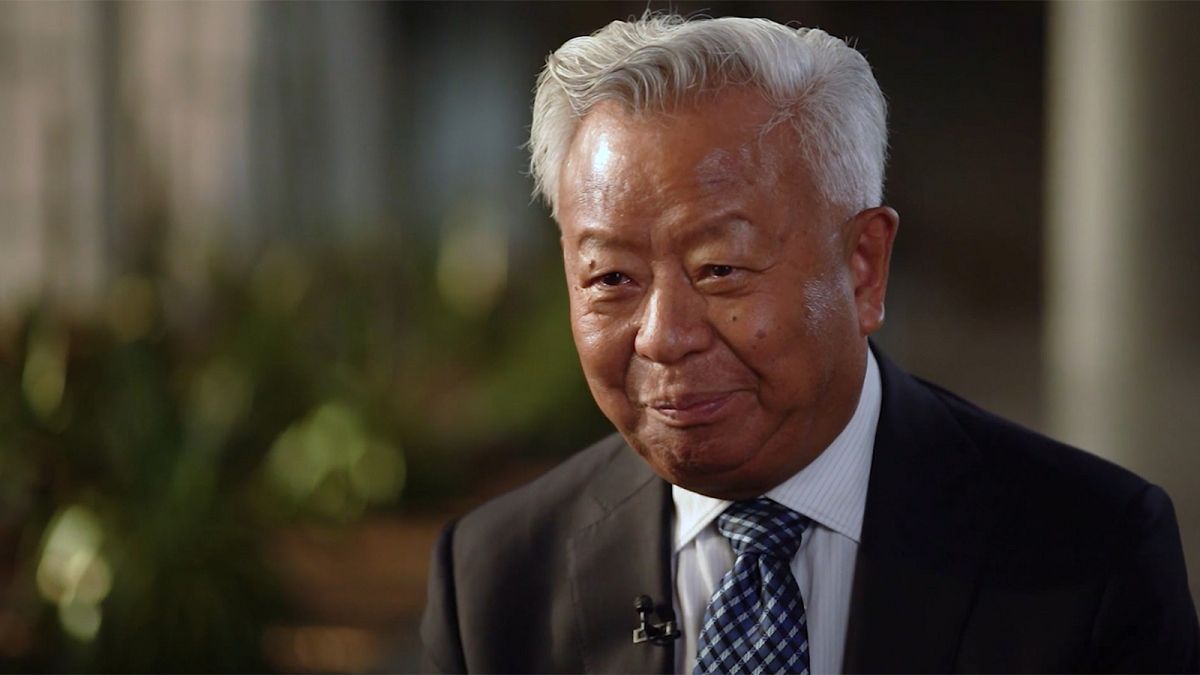

In an increasingly interconnected world, significant events across various domains capture our attention. Recent developments, ranging from infrastructure advancements to diplomatic nuances, underscore the dynamic nature of our global landscape. Here, we delve into a selection of these unfolding stories.
The Asian Infrastructure Investment Bank (AIIB) is currently commemorating a decade of transformative work in Beijing, as it hosts its 10th Annual Meeting of Board of Governors. Launched to support the development of infrastructure in Asia, the AIIB has been pivotal in financing numerous projects that aim to build sustainable and resilient communities. This milestone is not just a reflection of past achievements, but also of the promising future that lies ahead, as deliberations at the meeting focus on expanding initiatives and strengthening cooperation among member countries.
Meanwhile, in Europe, the economic horizon appears brighter, particularly in Germany, where business sentiment has witnessed a steady rise for the sixth consecutive month. This optimistic outlook is largely buoyed by the government’s commitment to bolster economic stability through increased public spending. Such fiscal strategies aim to create a conducive environment for growth and innovation, anchoring Germany’s position as a significant player in the European economy.
Across the Channel, a different set of challenges emerges. The realm of public health is under scrutiny in France, as medical experts express concerns over food safety. Reports indicate potential health risks associated with the presence of cadmium, a heavy metal, in everyday foods like bread and cereal. This revelation prompts a call for greater vigilance and regulatory measures to ensure the wellbeing of citizens.
In parallel developments, the judicial arena in Germany has seen a noteworthy ruling, as the ban on the far-right Compact magazine was deemed unjustified by the courts. This decision highlights the delicate balance between freedom of expression and the need for oversight, reflecting the complexities inherent in safeguarding democratic principles.
Digitally, governments worldwide are engaging in initiatives to enhance public sector transformation. The UN Public Service Forum 2025 in Samarkand focuses on reshaping the interaction between citizens and institutions through digital inclusion. By acknowledging the vital role of technological advancements, governments are striving to create accessible and efficient public services that resonate with the needs of their populations.
On the geopolitical front, the Aukus security pact, aimed at countering influences in the Indo-Pacific, remains a subject of interest. U.S. lawmakers emphasize the necessity for continued commitment to this strategic alliance involving Australia and the UK. As the Trump administration contemplates a review, stakeholders advocate for the sustaining of this partnership to maintain regional stability.
Lastly, as the EU prepares for a high-stakes summit, discussions around sanctions against Russia are met with challenges. The anticipated revisions on price caps for Russian oil, initially propelled by geopolitical tensions and global economic considerations, encounter roadblocks. Such complexities typify the intricate nature of international diplomacy and economic strategy.
In summary, these stories paint a broad picture of global developments, revealing the interplay of infrastructure, economy, health, policymaking, technology, and diplomacy. By taking a mindful approach to these narratives, we gain a deeper understanding of the collaborative efforts shaping the world today.
Source: {link}
